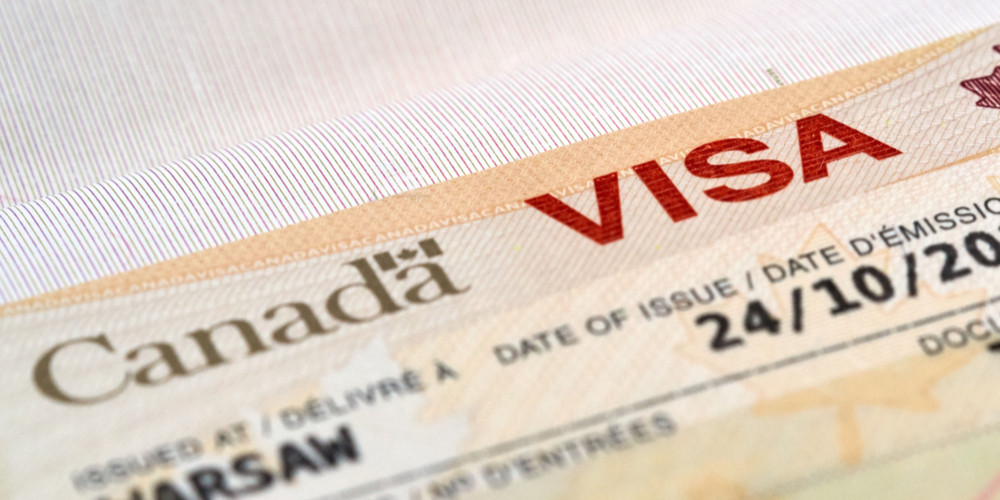Are you a wanderlust at heart, craving the freedom to explore new horizons without being bound by visa restrictions? Look no further! In today’s blog post, we’re diving into an exhilarating topic that will revolutionize the way you travel: maintaining travel flexibility through dual citizenship and New Zealand visa transfer. Whether you dream of sipping coffee in Parisian cafes or trekking through lush South American rainforests, this guide is your passport to unlocking endless possibilities. So fasten your seatbelts and get ready for a thrilling ride as we uncover the secrets to hassle-free globetrotting! NEW ZEALAND VISA WITH DUAL CITIZENSHIP
Introduction to Dual Citizenship and New Zealand Visa Transfer
Introduction to Dual Citizenship:
Dual citizenship refers to the legal status of an individual being a citizen of two countries at the same time. This means that they hold passports and have all the rights and privileges of citizens in both countries.
New Zealand Visa Transfer:
Obtaining dual citizenship can be a valuable asset for individuals who frequently travel or plan to move abroad. And if you are considering New Zealand as your second home, you may be wondering about the process of transferring your visa from one country to another.
The process of transferring your visa from one country to another is known as “visa transfer” or “visa conversion”. It allows individuals with dual citizenship to use their passport from either country when entering or leaving New Zealand.
In order to transfer your visa, you must first obtain dual citizenship through the respective immigration authorities in both countries. Each country has its own set of requirements and processes for obtaining dual citizenship, so it is important to research and understand these before starting the application process. NEW ZEALAND VISA TRANSFER TO NEW PASSPORT
Benefits of Dual Citizenship:
There are numerous benefits associated with having dual citizenship, especially when it comes to travel flexibility. As a citizen of both countries, individuals can enjoy several advantages such as:
1) Unrestricted Travel: One major benefit is being able to enter and leave either country without any restrictions or limitations on how long you can stay. This provides flexibility for frequent travelers, digital nomads, and those looking for international job opportunities.
2) No Need for Visas: As a citizen of both countries, you do
Benefits of Having Dual Citizenship for Travel Flexibility
Having dual citizenship means that an individual is a citizen of two different countries. This can provide numerous benefits, especially when it comes to travel flexibility. In this section, we will explore the various advantages of having dual citizenship for travel.
- Visa-free or visa-on-arrival access to more countries:
One of the biggest advantages of having dual citizenship is the ability to travel to more countries without the hassle of obtaining a visa. As a citizen of two different countries, you can take advantage of both passports and enter certain countries without needing a visa. For example, if you hold New Zealand and Australian citizenship, you can enter 171 countries without needing a visa or with visa-on-arrival access.
- Ability to stay longer in other countries:
Certain visas have restrictions on how long one can stay in another country. By holding dual citizenship, individuals may be able to bypass these restrictions and stay for longer periods in their second home country without worrying about overstaying their welcome.
- More affordable travel options:
Traveling with multiple nationalities can also open up opportunities for cheaper and more convenient flights as some airlines offer special discounts or packages for citizens from certain countries. This allows individuals to save money and have more options when planning their travels.
- Avoidance of lengthy immigration processes:
With dual citizenship, traveling between your two home countries becomes easier as there is no need for lengthy immigration processes such as applying for visas or going through customs checks. This makes traveling back and forth between your two homes more
How to Obtain Dual Citizenship in New Zealand
Obtaining dual citizenship in New Zealand can open up a world of opportunities for individuals looking to maintain travel flexibility and gain access to the country’s benefits. Dual citizens are entitled to hold two passports, which allows them to enjoy the benefits and privileges of both countries. In this section, we will outline the steps and requirements for obtaining dual citizenship in New Zealand.
- Check eligibility: The first step towards obtaining dual citizenship in New Zealand is checking your eligibility. According to the New Zealand Citizenship Act 1977, you may be eligible for dual citizenship if you meet one of the following criteria:
– You were born in New Zealand or have at least one parent who is a New Zealand citizen.
– You have been living in New Zealand as a permanent resident for at least five years.
– You are married or in a civil union with a New Zealand citizen.
– You have resided outside of New Zealand but have strong ties, such as family or business connections, to the country.
- Apply for permanent residency: If you do not meet any of the above criteria, you will need to apply for permanent residency before becoming eligible for dual citizenship. This process involves submitting an Expression of Interest (EOI) and going through a points-based system that evaluates your skills, qualifications, and other factors that contribute to your potential contribution to New Zealand’s society and economy.
- Gather required documents: Once you are eligible for dual citizenship, you will need to gather all necessary documents before starting your application
Understanding the Different Types of New Zealand Visas
New Zealand offers a variety of visas for individuals who wish to visit, work, study, or live in the country. Each type of visa has its own specific requirements and restrictions, so it is important to understand the different types before applying for one. In this section, we will discuss the various types of New Zealand visas and their eligibility criteria.
- Visitor Visa:
The visitor visa is suitable for those who want to travel to New Zealand for tourism or visiting friends and family. This visa allows you to stay in the country for up to 9 months within an 18-month period. To be eligible for a visitor visa, you must have a valid passport, enough funds to support yourself during your stay, and a return ticket or proof of onward travel.
- Work Visa:
If you wish to work in New Zealand temporarily or have already secured a job offer from a New Zealand employer, then you will need a work visa. There are several categories under this visa such as essential skills work visa, skilled migrant category work visa, and working holiday visas. The eligibility criteria vary depending on the type of work you will be doing and your qualifications.
- Student Visa:
Students who wish to pursue their education in New Zealand can apply for a student visa. This allows them to stay in the country for the duration of their course plus an additional 4 months after completing their studies. To be eligible for this visa, you must have been accepted into a recognized educational institution in New Zealand and provide.













